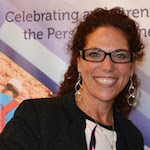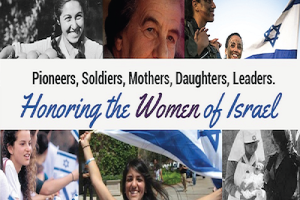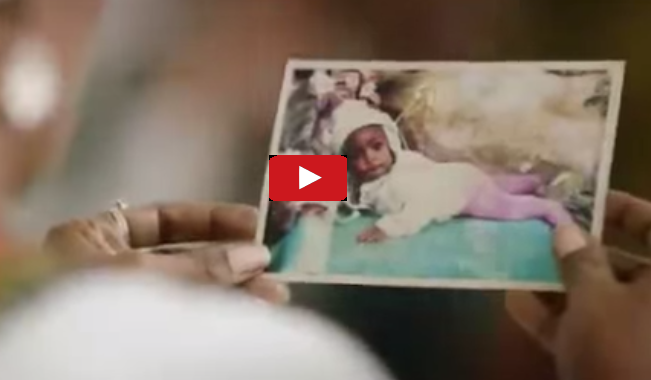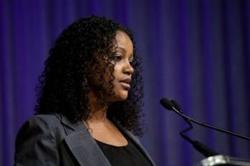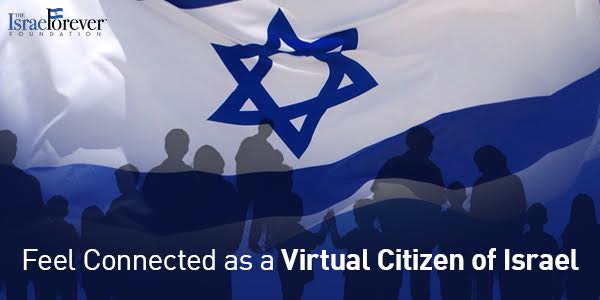Mothers at the Heart of the Family Day
Unique to Israel is Yom HaMishpacha - a day to honor the family unit, as a whole, and its centrality to our lives. Initiated originally as Mothers' Day, it was first marked in Israel in 1947 - even before the establishment of the state! - at the initiative of the Ezra organization for assisting women in childbirth, headed by Rebbetzin Sarah Herzog, wife of then Chief Rabbi Isaac Herzog and founder of World Emunah.
In 1951 an 11-year-old girl named Nechama Frankel wrote a letter to Haaretz. As refugees from Poland, her family was used to honoring mothers and celebrating Mother’s Day as an important occasion. Nechama suggested that Mother’s Day be celebrated on the birthday of Henrietta Szold, founder of Hadassah and the Youth Aliyah effort. This organization rescued over 30,000 children from the Nazis. Sadly, Henrietta had no children of her own. However, she spent her life championing children’s rights and was considered by many the mother of all the children her organization rescued.
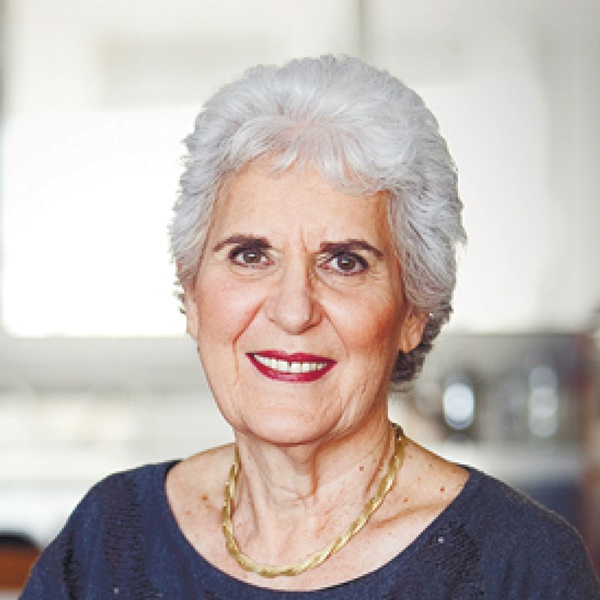
Nehama Biderman Photo by David Bachar
"My mother told me about Mother's Day when I was little," "She grew up in Lodz, Poland in a matriarchal family. My grandmother was the anchor of the family. In Poland, they used to celebrate Mother's Day, and in their home, the importance of this day was a given." Nechama Biedermann who at 11 years old wrote a letter to Haaretz Special, a newspaper for children, suggesting a national day of honoring mothers.
The paper’s response to Nechama’s letter came in the form of an announcement: "Remember, children and fathers: On the second day of the [Hebrew] month of Adar 5712, we will celebrate the first Mother's Day in the State of Israel. That day, don't let your mother stand in line, cook, or do laundry; you will take care of all these tasks. That day, try to make your mother proud.” One can easily pick up on the way society - both in Israel as well as around the world - viewed the ideal woman in the 1950s: young, put-together, modest. She should be an aproned waitress, serving steaming hot meals to her husband and children, an excellent housewife, catering to all the family needs: washing dishes, laundering, child rearing, organizing, economizing and, of course, cooking and baking.
Memories of mothers who had since passed, and those of the mothers who perished in the Holocaust, comprised the large selection of writings published in connection with Mother's Day came from readers. An especially touching note that appeared on March 4, 1953 was written by Amos Klausner, later Amos Oz, then 13 and a half and whose mother had died around a year and a half earlier. It was titled "A gift for my mother."

"Mother's Day. The sun sets. From the window, I see my friend next door presenting his mother with a package wrapped with a red ribbon, and the neighbor's apartment acquires a festive air. My eyes linger on the single star, and I remember my own mother, whom I cannot kiss today and whom I cannot give a gift to."
To honor the day, children were encouraged to take a good look at themselves and their behavior towards their mother over the past year: Have they respected and honored Mommy enough? Do they appreciate her enough? The young readers were also told to feel compassion for mother and all the exhausting work she does for the family.
Four years later, at the suggestion of Hannah Hushi, the wife of Haifa's legendary mayor Abba Hushi, the holiday was made official in that city and was celebrated during Hanukkah. In the 1980s, however, the holiday evolved to Family Day or Yom Mishpacha in Hebrew and the date of the celebration was moved to memorialize the date of Szold’s death, the 30th day of Shevat.
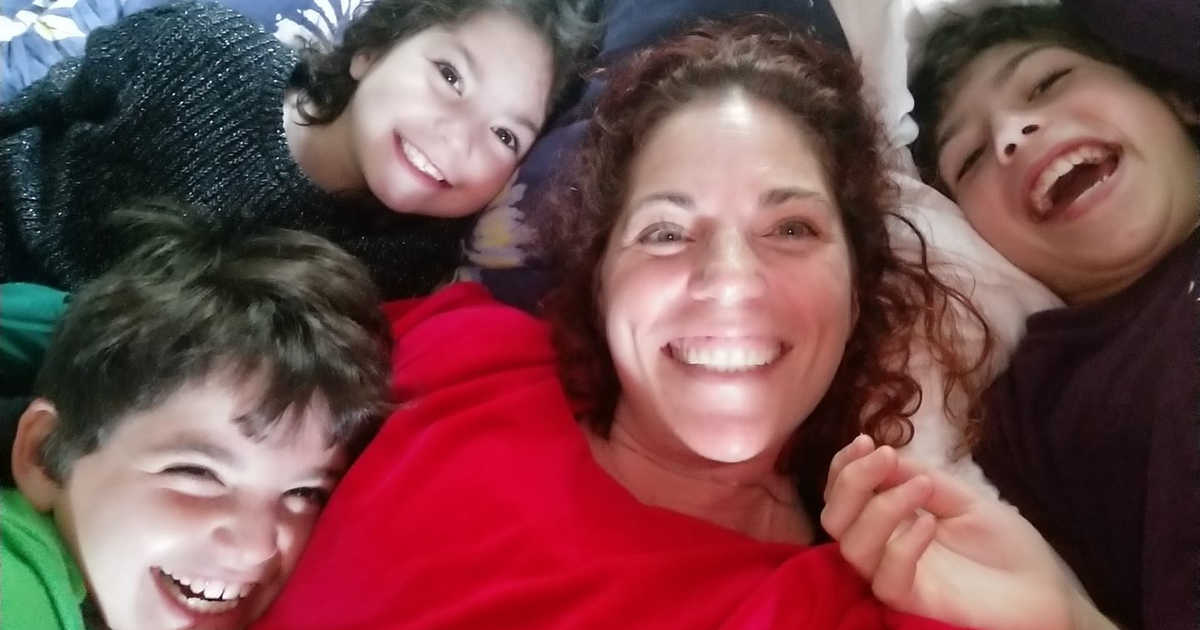
Unlike International Woman's Day, which emerged from the women's liberation movement and became a day for serious discussion of the status of women, the transformation from Mother’s Day into Family Day shifted the emphasis to an appreciation of the family, whatever form or nature the concept of “family” might possess. In the nuclear family, the mother remains in a dual role, and the father remains in the primary role of supporting the family and as head of the family. With the shift in roles that was taking place worldwide in response to the women’s rights movements, the model of the family - that is, father, mother and children under one roof - and the roles each member played needed to be redefined and represented differently in both personal and public consciousness.
Identification for the collective whole of the family unit thus changed as well, and it became even more important for our overprogrammed, overscheduled and busy lives to be halted out of obligation to demonstrate appreciation of that unit.
The day is specifically celebrated in the schools and kindergartens throughout Israel. Children create art projects and bring photographs of family members to be displayed around the school. Parents attend special programs by the children, songs and activities. At home, many families continue the celebrations by planning special activities to be done with all family members. Some go on picnics, hikes, or play games as a family while others read books and learn together - as long as the family is together, the day has been honored appropriately.
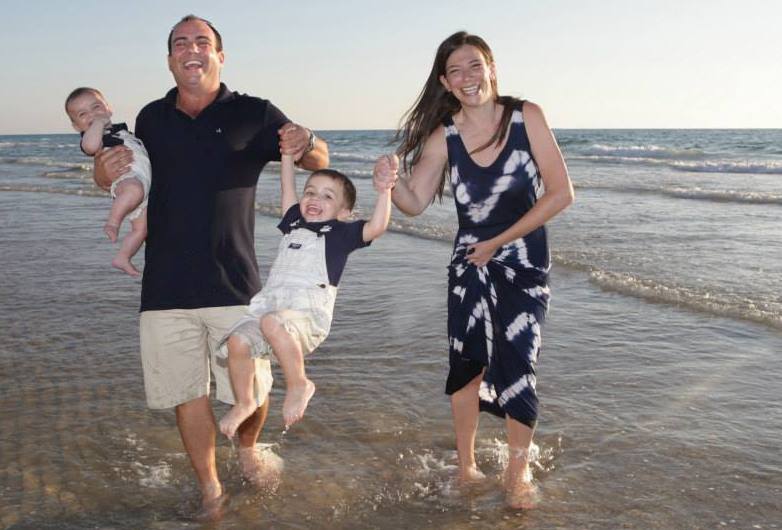
The day has become a part of Israeli culture - even if the mom still makes the dinner that night. As one woman shared, "Yes, I admit, once a year, I want not to get up in the morning and make breakfast and prepare sandwiches and fruit, rush to straighten up the house, collect the garbage from the kids' room, make lunch, take in and hang laundry, run to a meeting, write, be home when they return, wash the dishes, give them an afternoon snack, help them with homework, make dinner and fall asleep watching television. If it's Family Day, then the family should do all that and I'll go rest."
Today a retired microbiologist, and proud mother and grandmother in her seventies, Mrs. Biederman is still proud of her contribution to the State of Israel. Her minimal but decisive involvement in the life of the young state was a defining moment. Nonetheless, she is a strong believer that “the lost dignity of Mother's Day should be restored,” while others see the value in having shifted the nature of the day for more modern interpretations.
But one thing is for sure - Family Day is a unique opportunity that Israel contributes to the homes and hearts of Virtual Citizens of Israel around the world who can appreciate the history, the challenge, and the hope that this day is meant to imbue to the citizens of the one and only Jewish state in the world.
יום משפחה שמח!
Yom Mishpacha Sameach!
Recommended for you:
STAY CONNECTED NO MATTER WHERE YOU LIVE
Share your love of Israel as a Virtual Citizen of Israel today!
About the Author
